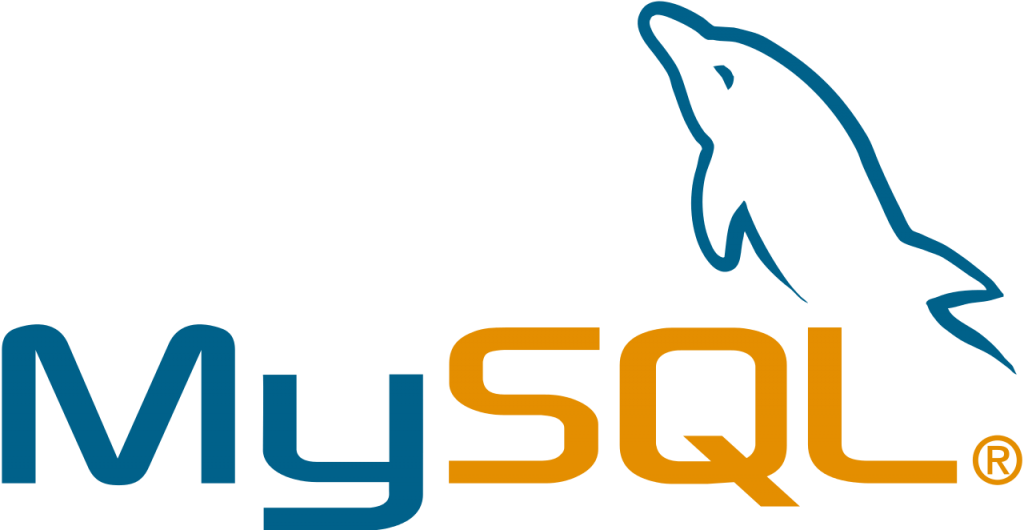Thanks to the simplified “site creation for dummies” platforms, anyone can easily publish their own professional-looking website without having to write a single line of code. But experienced webmasters know that a website made from such a process is not enough if you want a product ready to compete. Free or cheap solutions might be prone to security vulnerabilities, performance issues, and inconsistencies in terms of design. If you think you belong to the big leagues, then you should know that your site should be running on infrastructure that can help achieve the goals of your business.
An exceptional website is imperative for online marketing success. And to accomplish this, here are five time-tested strategies that will boost and significantly improve your site performance.
1. Choosing your Provider Well
Choosing the right web host has direct impact on how secure your website will be in the long run. Remember that the slightest discrepancies between web hosting solutions can make a huge difference if you look at the big picture. You should not simply base your decision on the price ranges of each service.
There is no “one size fits all” solution when it comes to web hosting. To make the best choice, you should carefully consider what you’re trying to achieve with your website, be it just for the first year or in the long run.
Using introductory hosting plans is a good approach for webmasters who are not yet expecting a large and constant stream of traffic (or revenue). These plans usually cost the least and have obvious limits in terms of bandwidth and data storage capabilities. Still, these are cost-effective especially during the early phases of an online business where you’re still focusing on onsite optimizations rather than maximizing traffic and revenue.
Beyond the basics, however, and you will need to consider upgrading to a service that offers better reliability, service uptime and speed.
2. Consider Having a Separate Database Server
Using a separate database server to host large data can be beneficial for certain online businesses, especially for online stores that offer a large range of products on a digital storefront, or for websites that offer features that simply process a lot of data. It is also an essential step to consider if your website is already getting high traffic and you’re already experiencing performance issues with your current setup.
Another advantage of having a separate database server is that you may still access your data even during failures on your main server, be it a hardware failure or an attack. However, this could mean additional maintenance and costs for running your website. Cost-effectiveness is one of the main issues of having a separate database server, so be sure you weigh the risks carefully.
A good strategy would be to measure user experience by specifying an acceptable page load time and enabling the slow query log in your MySQL database. You may also consider using performance monitoring tools to confirm the need for a separate database server.
3. Using a Content Delivery Network
In the past decade, content delivery networks simply cached static content for better bandwidth usage. Even back then, this simple feature enabled websites to achieve faster loading speeds. Today, CDN caching offers additional advantages in dependability and security.
A CDN is basically a network of servers that will share the load of delivering static content to websites. These servers are spread throughout several key locations in the globe. Whenever a user accesses a website that’s supported by a CDN, the server network that’s geographically nearest will be chosen for the job. This can significantly increase a website’s speed while consuming less bandwidth.
In addition to the performance boost, some CDNs may also offer extras such as real-time traffic monitoring, advanced load management, and additional security features such as integrated DDoS protection through a reverse-proxy mechanism.
4. Using the Right Programming Language
With the current dominance of the WordPress CMS, PHP (Hypertext Preprocessor) is one of the most-used languages that help web developers with creating flexible and functional site designs.
Some of the top competitors for PHP include Java, Python, and Ruby – all of which with their own pros and cons:
Java
Pros:
- Reliable and flexible
- Continues to evolve
- Easy to learn
- Availability of learning resources
Cons:
- Security issues
Python
Pros:
- Easy to learn
- Support from community
- OOP-driven (Object Oriented Programming)
Cons:
- Can be slower performance-wise
Ruby
Pros:
- Open source
- Flexibility
- Easy to use with DB2, MySQL, Sybase, and Oracle
- Security features
Cons:
- Hard to learn
- Lack of learning resources
Regardless of language, remember that messy code can compromise the performance of your website. Practice refining your ability in a particular language or hire a professional that can clean up and minify your code for you.
5. Optimize Mobile Redirects
Redirecting your user from a desktop web page to its mobile-view counterpart may significantly increase loading speed. This is becoming more of an issue with the increasing need for responsive design. Fortunately, there are easy ways for you to speed up redirects, including the use HTTP redirects to send your users straight to the mobile pages. For the discoverability of these pages, remember to use rel=”alternate” annotations so Google bots can index them.
It is clear that site performance is a major factor for the success of any website. Make no mistake that even major websites and online services can experience down times and failures. In the later half of 2015, Amazon’s Web Services or AWS experienced a major outage due to a database failure, affecting other major websites such as Tinder, Airbnb, IMDb, and Netflix. This blunder resulted in loss of revenue and bad customer experience for most of the affected websites.
Conclusion
It doesn’t matter if you’re maintaining a million-dollar online service, an eCommerce store, a personal blog, or an affiliate site. As a webmaster, guaranteeing the integrity of your site should be your top priority. This is crucial for ensuring site performance, which in turn results into better user experience and higher engagement.





